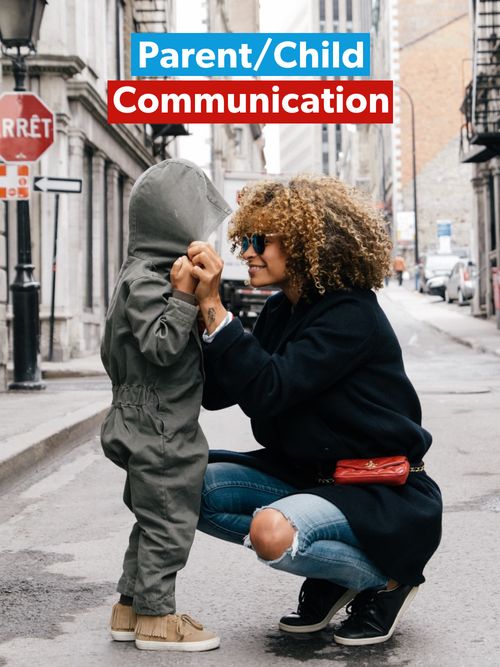How to communicate with your child in a way that works
Oct 07, 2021 · 2 mins read
0
Share

Building a shared sense of cooperation and respect starts with one endeavor: learning to be open and flexible.
Save
Share
Arguments typically begin when a child’s feelings or behavior seems unacceptable. This often kickstarts a cycle of negative and ineffective communication, of which there are three traditional styles: denial, philosophizing and giving advice.
Save
Share
When children express strong negative emotions, parents can be quick to dismiss their feelings. This denial teaches the child not to trust their instincts. In doing so, they feel invalidated and may lose trust in the parent as a source of understanding.
Save
Share
When children engage in unnecessary behavior, parents often ask philosophical questions like “Why would you do that?” or “What is your problem?” This only exasperates children. Typically, they can’t answer that in any meaningful or helpful way.
Save
Share
As soon as children sense that they’re about to be lectured or corrected, they shut down. Sound advice or instruction is unlikely to have any impact when a child feels bombarded with information, especially when tensions and emotions are high.
Save
Share
Accepting a child’s feelings is crucial. Rather than barking orders, actively look for the feeling they’re conveying, then show empathy and concern. This also means doing what you can to address their feelings even if you don’t agree with them.
Save
Share
Addressing feelings means doing what you can, within reason, to remedy them. It also requires being okay with negativity. Fighting against emotions will only get kids to fight against you. Consider possible alternatives together and giving the child a choice.
Save
Share
To redirect the behavior, first describe the problem without attacking character. Ensure the child is aware of the issue in question. But forget about punishment. This only strains the relationship between parent and child.
Save
Share
Think in terms of creative problem-solving and natural consequences, e.g. when things aren’t put away properly, something may get lost. There is a big difference between consequences caused by the child’s misbehavior and repercussions manufactured by the parent.
Save
Share
Praise your child with a specific purpose in mind. You can prevent new problems by encouraging behaviors you wish to see more of. But avoid hinting at past weaknesses or failures. This is an opportunity to show them a new picture of themselves.
Save
Share
0